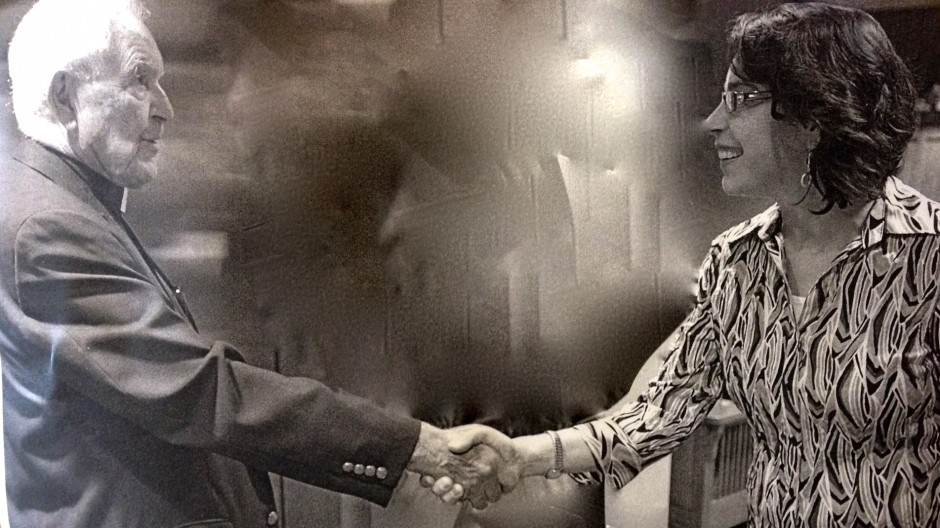“Privileged to Be Here: A Primer on Privilege” by Joe Kay
Equal Pay Day
Racial and Gender Profile of the U.S. Senate
Peggy McIntosh
- Peggy McIntosh, “White Privilege: Unpacking the Invisible Backpack”
Additional Readings and Questions for Chapter 4: Privilege
Ta-Nehisi Coates. “Other People’s Pathologies.” The Atlantic. (March 30, 2014). Continuing a debate with writer Jonathan Chait, Coates takes him to task for seeming to conflate the “culture of poverty” with “black culture,” arguing instead for “cultural dexterity” in which each culture’s history is honored and their skills have value and logic in context.
ANALYZE
- Coates claims that Chait conflates what two different types of culture in his argument?
- Coates writes: “People who take a strict binary view of culture (“culture of privilege = awesome; culture of poverty = fail”) are afflicted by the provincialism of privilege and thus vastly underestimate the dynamism of the greater world. They extoll ‘middle-class values’ to the ignorance and exclusion of all others.” Coates argues that developing “cultural dexterity” is key. What does this mean?
- Coates uses an analogy to explain his problem with Chait’s “jaunty and uplifting narrative” of American history related to slavery. What Chait might characterize as “progress,” Coates says is like saying: “How can you say I have a history of violence given that I’ve repeatedly stopped pummeling you?” Assess this differing viewpoint. Does Coates’ analogy hold up? Is it accurate and fair?
EXPLORE
- What does Coates mean when he writes: “When The New Republic wanted to dramatize the evils of AFDC, there was really no doubt about whose portrait they’d pick.” Research the mission of The New Republic. Look at the cover photo included with Coates’ article and do a visual rhetorical analysis explaining what you think the photo conveys to readers.
- Coates writes: “The United States of America did not save black people; black people saved the United States of America.” Explain this claim. Research this further through sources mentioned in the article or through library research. How is clarifying this point central to Coates’ argument?
- Coates says that he is “happy” that Chait chose to engage him on this subject. Research their debate further and assess the tone and quality of their exchange. Do you think both writers are genuinely “happy” to have this exchange? Why?
You Can Never Have Too Much Money, New Research Shows (The Brookings Institute)
http://www.brookings.edu/research/interactives/2013/income-well-being
